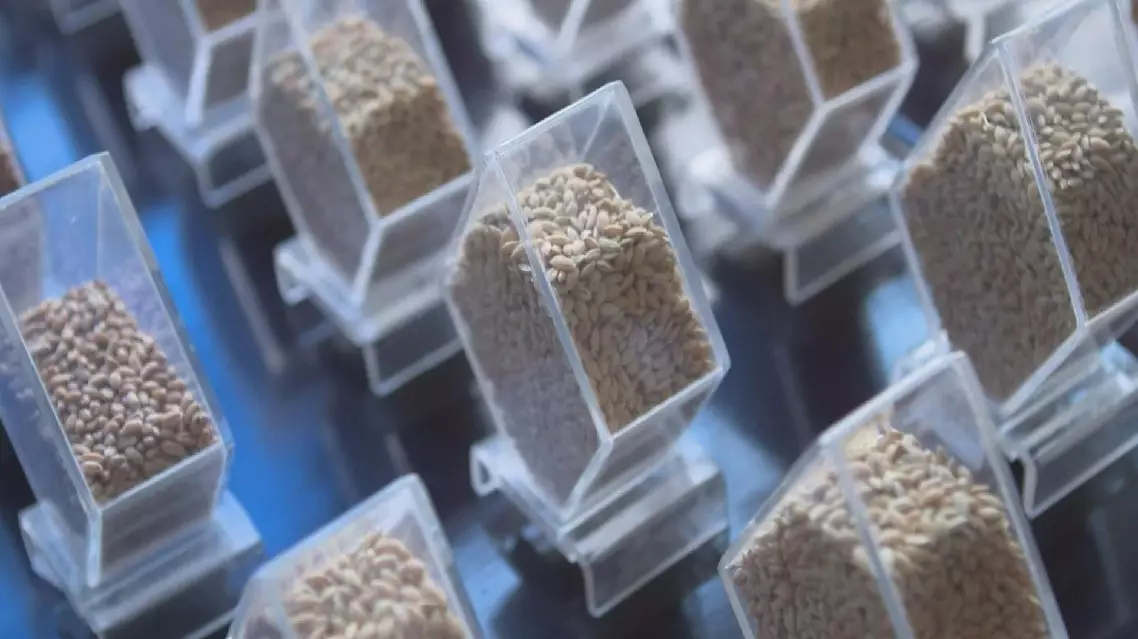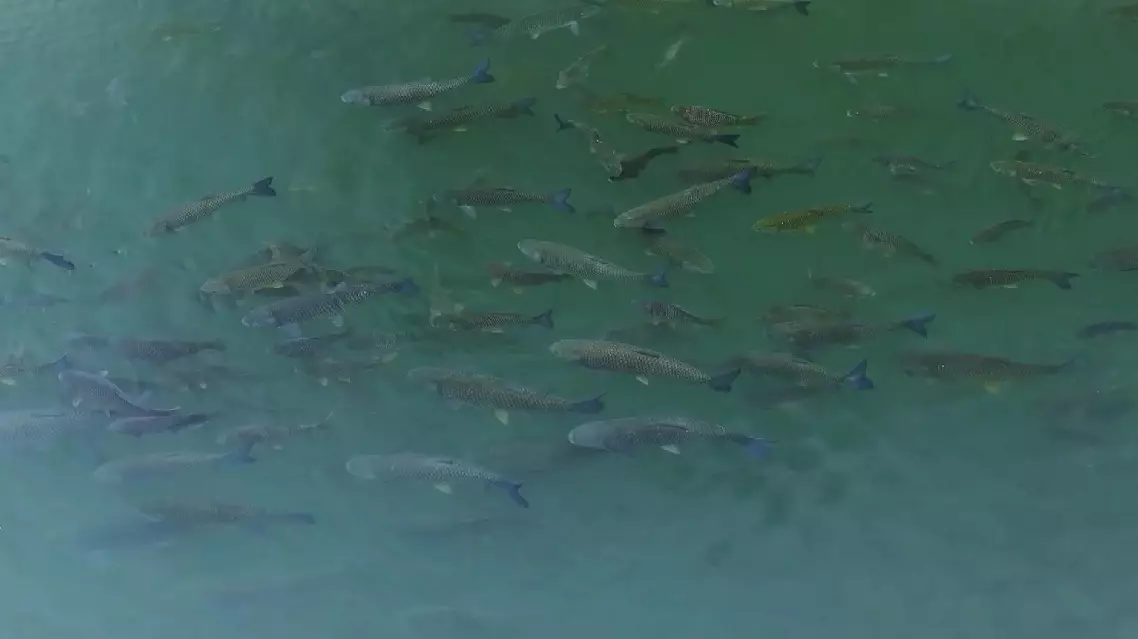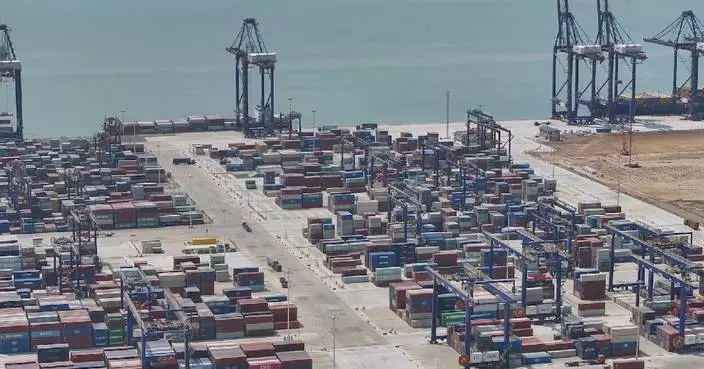China has completed a comprehensive survey of agricultural germplasm resources in the first half of 2024, paving the way for its seed and animal germplasm industries to reduce reliance on imports and enhance supplies, with strategic plans to bolster self-reliance and control over germplasm resources by 2025.
Germplasm resources -- genetic material used for animal or plant breeding -- are strategic assets essential for ensuring stable and secure supplies of grain and other important agricultural products. Agricultural germplasm resources primarily encompass crops, livestock, poultry, and aquatic species.
According to the Ministry of Agriculture and Rural Affairs, China has made significant strides this year by prioritizing urgently needed agricultural varieties.
The country has intensified efforts to accurately identify germplasm resources, breed new varieties, support leading seed enterprises, and strengthen intellectual property protection in the seed industry. These initiatives have led to foundational and landmark achievements in revitalizing the seed industry.
In the first half of this year, the protection of germplasm resources achieved historic breakthroughs with the general survey of agricultural germplasm resources completed. The survey collected 139,000 new crop germplasm samples and 1.19 million livestock and aquatic genetic materials. Together with the previously preserved resources, China now holds the world's largest collection of agricultural germplasm resources. "The new national crop germplasm resource bank and the marine fisheries germplasm resource bank are now fully operational. The new livestock germplasm resource bank and freshwater fisheries germplasm resource bank will be completed next year, further strengthening China's strategic capacity to preserve agricultural germplasm resources, and meeting the nation's development needs for the next 30 to 50 years," said Yang Haisheng, deputy director of the Seed Industry Management Department under the Ministry of Agriculture and Rural Affairs.
Innovations in the animal germplasm industry have also progressed. By the end of June, domestic white feather broiler chickens and Pacific white shrimp had captured more than 25 percent and 35 percent of their respective markets, indicating a gradually reduced reliance on imported sources.
The seeds industry has meanwhile seen rapid progression in a batch of varieties including soybeans with high-oil and high-yield and corn for dense planting, as well as machine-harvestable and salt-tolerant varieties.
The competitiveness of leading enterprises has significantly improved, with a focus on developing 270 key national seed enterprises. These companies now cultivate over 60 percent of newly approved national varieties.
National seed supply capacity has also been enhanced, with the national-level bases having increased their seed supply capacity to over 75 percent across the country, and seed quality consistently maintaining a qualification rate of over 98 percent. Additionally, all 31 provinces in the country have established disaster relief and emergency seed reserves systems.
Progress has also been made in cleaning up the seed market. This year, a special campaign was launched to crack down on the illegal online sale of seeds. For three consecutive years, the number of seed-related disputes nationwide has declined.
"Looking ahead, we will intensify our efforts to achieve self-reliance and innovation in seed industry technology, ensuring the autonomy and control of seed sources. We will accelerate the implementation of the seed industry revitalization plan, aiming for another series of landmark achievements by 2025, and work to shift from isolated breakthroughs to comprehensive advancements in revitalizing the seed industry," Yang concluded.

China completes germplasm resources survey, aims to reduce dependence on imported seeds






















































